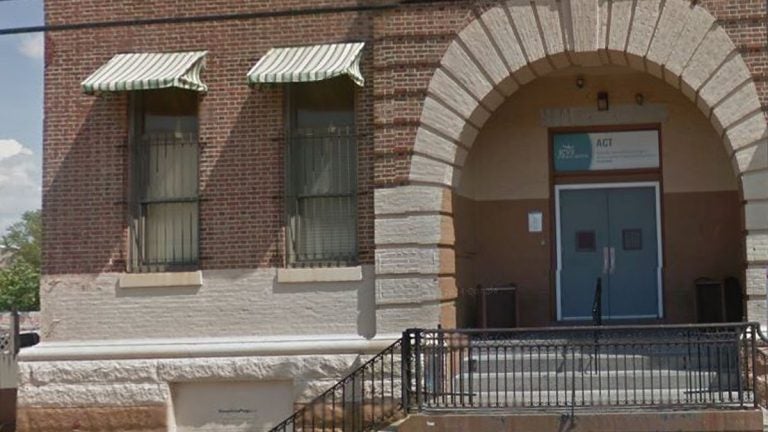Philly’s methadone clinics keep dispensing help during strike

The SEPTA strike has also impacted methadone patients (Image via JEVS Human Services)
The SEPTA strike has inconvenienced hundreds of thousands in Philadelphia.
But it’s more serious than that for patients who need methadone every day to stay healthy.
If you’re in recovery from an opioid addiction and you miss a few days of your methadone treatment, the results aren’t pretty.
“They would be very sick — probably worse than flulike symptoms,” said Alison Nagao, the clinical supervisor of the JEVS Human Services clinic on Fourth Street.
Anticipating the mass transit strike, Nagao and other providers began working last month with the city on a plan make sure thousands of patients would be able to get to treatment. A similar plan was rolled out for the pope’s visit last year.
“So, during the strike, patients are able to get their medication with their normal clinic, or go to one that’s closer to where they live,” she said.
Since the strike began, Nagao said, there has been an uptick in patients visiting one of JEVS clinic sites.
She met with her own patients early to talk options.
“We gave them the option where they wanted to get their daily dose. They were able to get it with us, or they were able to get it at another program,” she said.
Of nearly 6,000 Philadelphians in treatment for opioid addiction, about 800 have been going to different clinics for medication, according to Roland Lamb, deputy commissioner of the city’s Department of Behavioral Health.
And access to methadone is crucial, he said.
“This medication is considered life-sustaining medication, so therefore if we don’t do everything that we possibly can to ensure that people who are on this medication have access to it,” he said, “that’s negligence.”
Only a handful of patients have missed treatment, though his office doesn’t yet know why.
This plan will continue for the duration of the strike.
WHYY is your source for fact-based, in-depth journalism and information. As a nonprofit organization, we rely on financial support from readers like you. Please give today.

